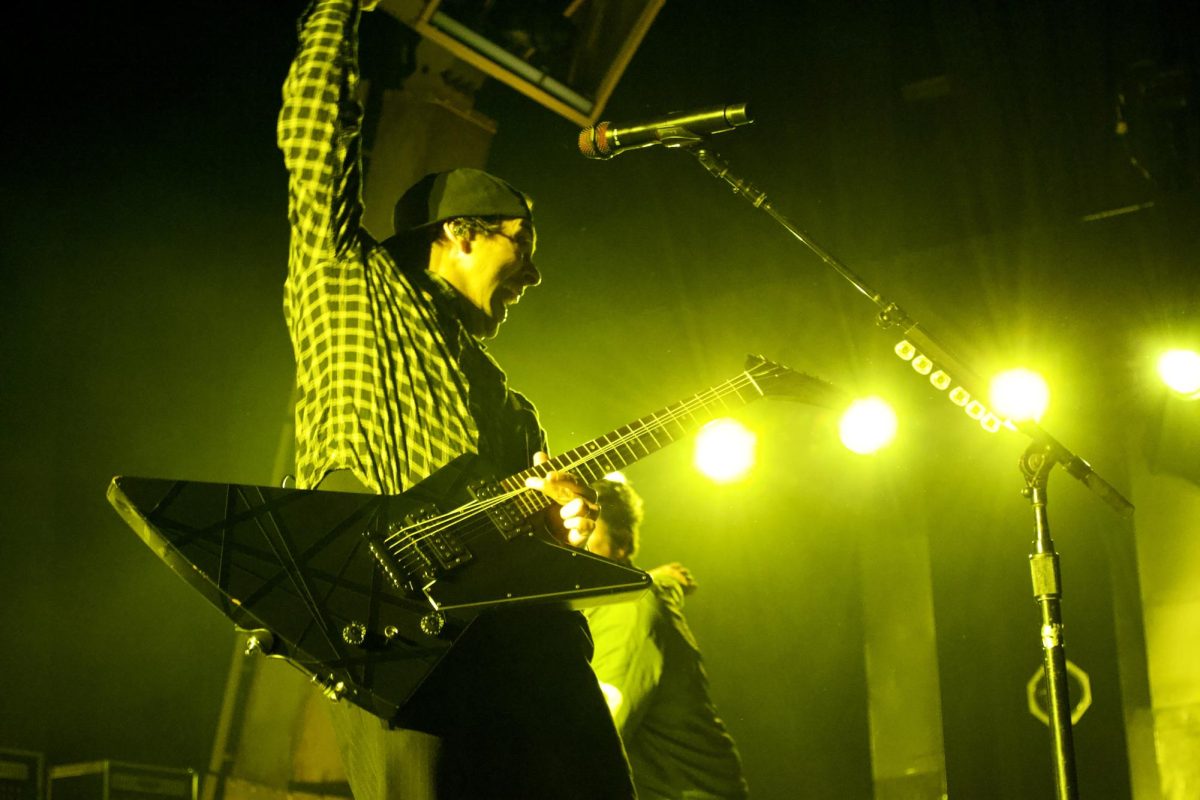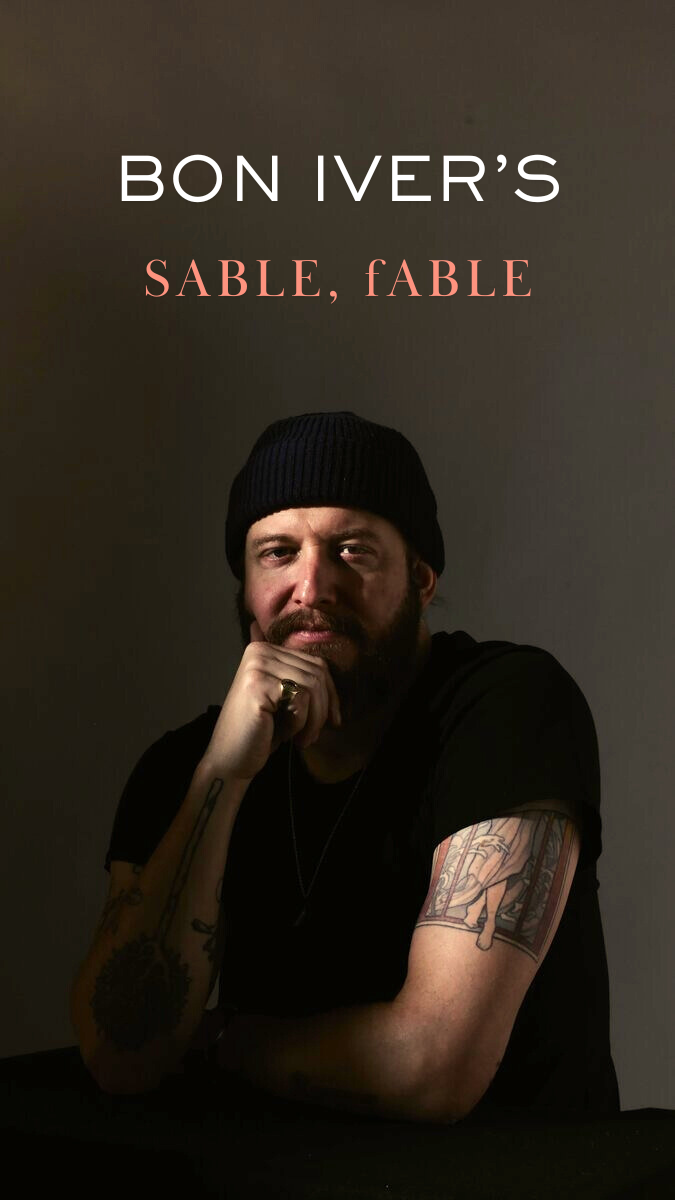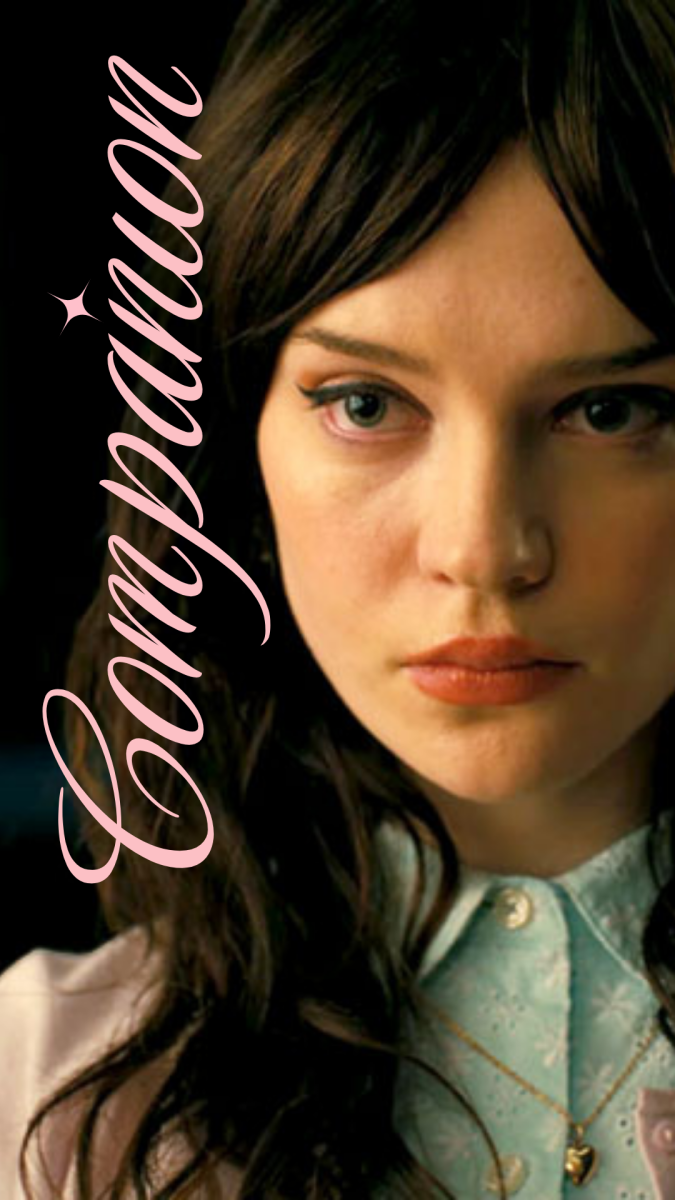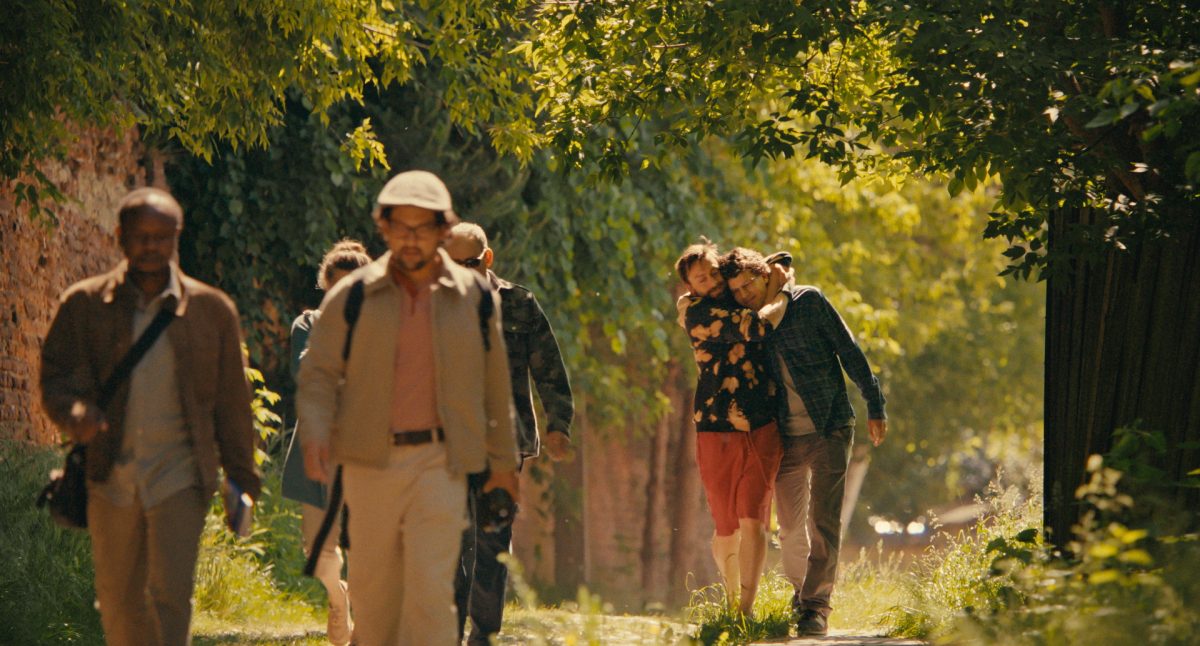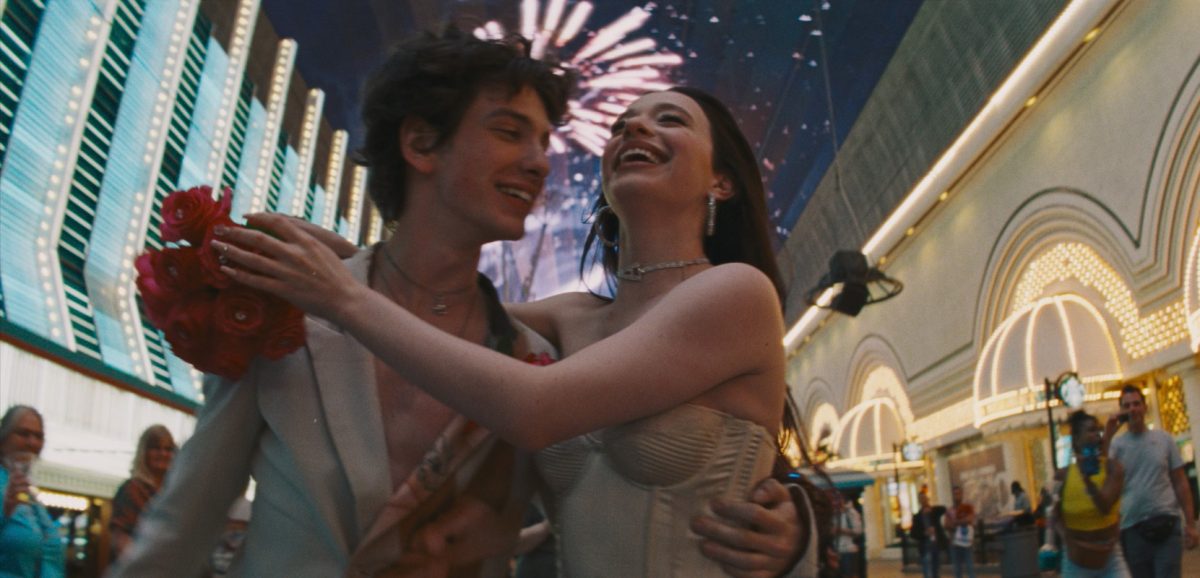Ever since the release of The Fantastic Mr. Fox in 2009, Wes Anderson’s films have spun themselves away from simply avant-garde to rich and colorful storytelling-resembling pop-up picture books from your childhood. The shortcoming with Anderson’s last film Moonrise Kingdom was how the style overtook the substance.
The Grand Budapest Hotel meanwhile hits all of the right notes to create what is likely Anderson’s most visually arresting film as well as his most emotionally poignant.
It was pretty great.
The film centers itself on a litany of characters but the primary story comes from Gustave, played by Ralph Fiennes, a newcomer to Anderson’s worlds. Gustave is a legendary concierge at a famous European hotel between wars, he’s a man who Zero, one of our narrators, crosses paths with as their lives take a turn for adventure. Gustave is accused of murdering one of his elderly lovers as well as theft of a priceless painting and then is hunted down by a murderous family.
The backdrop provides the greatest storytelling significance as it showcases the ever-changing continent-always moving just like our leads.
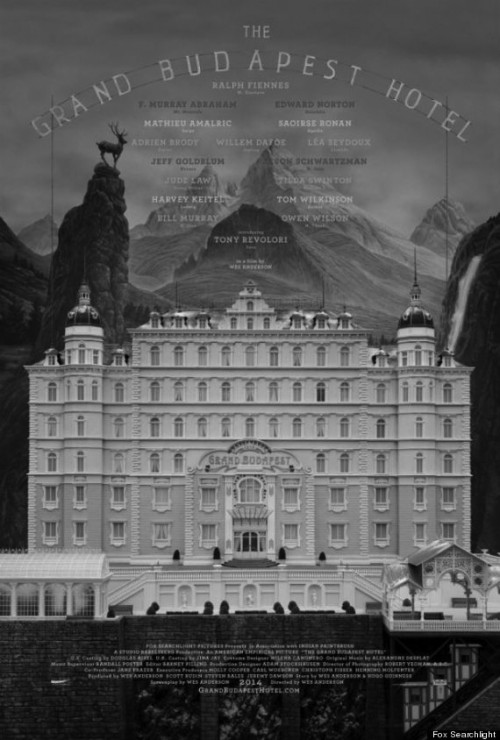
The supporting cast is a wealth of riches from Tilda Swinton to Jeff Goldblum to Saoirse Ronan as well the as rest of Anderson’s typical rag-tag group.
However the film is undeniably Fiennes’s who plays the comedic beats to their fullest and never drops the persistent sadness of the character the unfortunate bearings of a man who is so woefully out-of-place with the time he’s living in.
The film is beautifully shot. The small-scale figurines work wonderfully with the picture book aspect of the filmmaking, the auteur’s eye for symmetry is present and the colors pop it’s luscious with the full expanse of the hotel as well as a getaway skiing chases.
Anderson and Hugo Guiness penned the script and the clarity rang through. As a story with two main narrators, it easily could have gotten muddled but the pace keeps for the entirety of its running time and never allows a moment for the audience to think too much about what’s transgressed.
It’s a film less about the narrative and more about the atmosphere – a mood which translates in spades.
Like The Grand Budapest and Gustave himself, there is a timeless feel to the film. The Hotel and Gustave are both out of time and in a sense, when Jude Law’s character has met him older, more downtrodden and lonely, Zero is also out of time. The film tells the story of one man, of many, who do what they must, do what they please even, to find a bit of sense in what they were meant to do.
Gustave, without family it would appear, found affection wherever he could whether it be from an elderly woman or from the respect of fellow colleagues. Zero found young love, a mentor, and adventure to tell for years on.
What is happiness? What is a happy ending? This film beautifully asks these questions and doesn’t think so lowly of its audience to answer it for them. There’s a lot to love about this film, from the performances to the Grimm fairytale like spectacle to the absurdity of William Dafoe, but what left its mark with me was how as the credits rolled.
I couldn’t identify how I felt. Was I happy or sad? Was the ending happy or sad? Was our lead a hero or simply a man doing what he felt was his duty does that make a hero?
I left touched what else can I ask for in what’s viewed as the purest sense of escapism?
The Grand Budapest Hotel is in theaters now.


